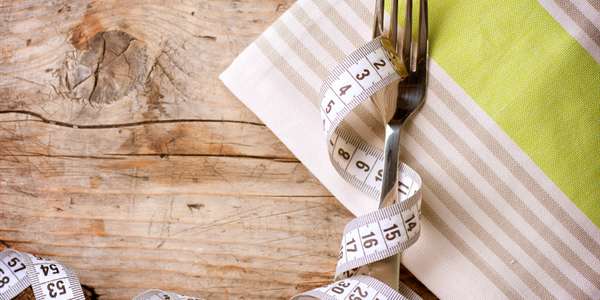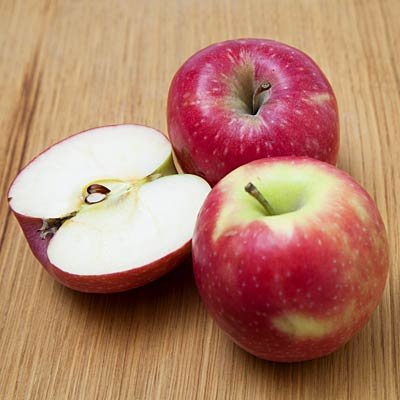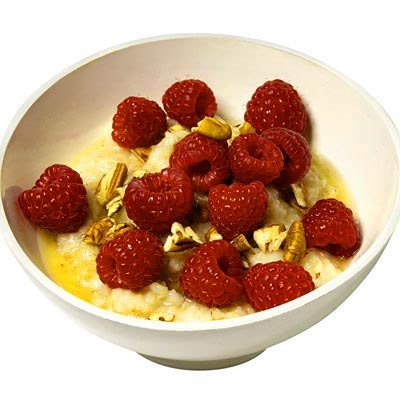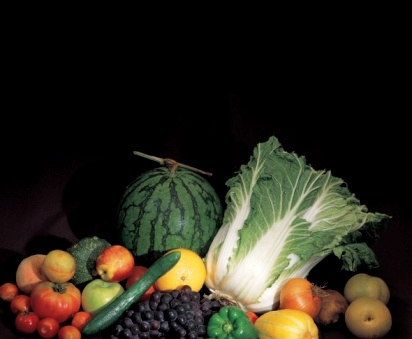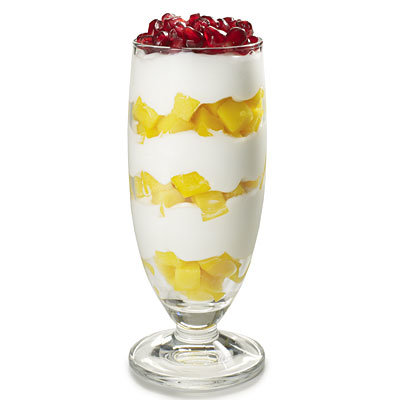Quick Tips to Improve Digestion
Quick Tips to Improve Digestion
Proper digestion allows for energy and nutrients to be utilized and optimized within the body to carry out critical functions. Improve digestion with these natural remedies and tips.
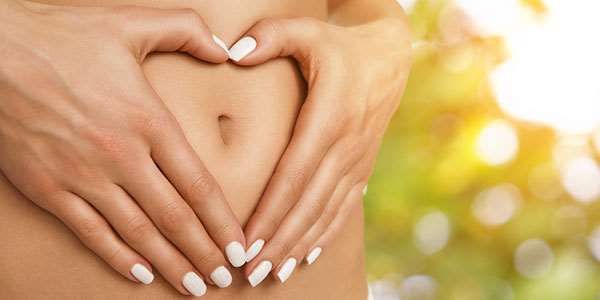
Digestion is the process when the foods we consume are broken down into smaller food molecules so they can be absorbed. Proper digestion allows for energy and nutrients to be utilized and optimized within the body to carry out critical functions. Improve digestion with these natural remedies and tips.
Quick Tips on How to Improve Digestion
Chew Your Foods
After choosing nutritious foods, be sure to chew them thoroughly. Although the body does a great job of breaking down foods, adequate chewing reduces the stress on the esophagus and further stimulates saliva and additional digestive enzymes. If focusing on chewing foods during mealtimes, you are more likely to stay in tune with hunger and satiety cues and reduce the chance of overeating.
Eat Fiber
Fiber helps aid in digestion by forming bulk in the stomach and stools. The increased mass keeps waste moving through the gastrointestinal (GI) tract and results in optimized digestion. Fiber sources include oats, beans, brown rice, popcorn, potatoes with the skin, and some fruits and veggies.
Drink Water
For fiber to work properly, the body needs to be adequately hydrated. In the absence of water, waste can actually build up. Water can reduce the opportunity for gut discomfort to arise and helps further break down foods. On average, it is recommended to drink a minimum of eight, 8-ounces glasses of water or 64-ounces. Although caffeine should be limited to 400 milligrams per day, coffee and teas can contribute to fluid intake and may speed up metabolism.
Eat Yogurt
Yogurt is one of the best sources of probiotics, live bacteria cultures that supports gut health by controlling the growth of harmful bacteria. Common probiotics to look for on ingredient labels are lactobacillus and bifidobacteria. Furthermore, probiotics feed off prebiotics, carbohydrates than cannot be digested.
• Probiotic food sources: sauerkraut, sourdough bread, soft cheeses, and other foods that undergo fermentation
• Prebiotic food sources: asparagus, bananas, oatmeal, and legumes
Alcohol in Moderation
Too much alcohol may lead to more than just a headache. Heavy consumption may cause damage to the stomach lining, which may lead to malabsorption issues. Alcohol can also exacerbate symptoms of irritable bowel syndrome and cause diarrhea and constipation. It is recommended men and women get no more than two drinks and one drink per day, respectively.
Get Active
Partaking in physical activity is not only healthy to the heart and muscles, but to the gut. Getting active helps get things moving the way fiber and water can and decreases the risk of constipation. Additionally, aerobic exercise promotes the contraction of intestinal muscles by accelerating breathing. Efficient muscle contraction helps facilitate bowel movement. As an added bonus, incorporating strength training to increase muscle mass can speed up metabolism.
Manage Stress
Stress may disrupt and slow down the digestive process or cause a heightened, persistent feeling of gastrointestinal problems. Although some may experience this phenomenon more than others, dealing with GI issues during these moments can further increase stress. To reduce aggravated symptoms, practice stress-reduction strategies such as yoga, walking, dancing, and listening to music.
-
Eat Cucumbers As Often As Possible – This Vegetable Eliminates Toxins And Is Great For Hair And Skin
Ingredients in cucumbers have been scientifically proved to be ben
-
Water Recipe That Can Flush Away Fats
In this article we give you some more recipes for fat flush water.
-
Week 15: Speed Bump
By Dawn Ill be honest: This hasnt been on
-
7 Easy Ways to Lighten Up Your Snacks
V
-
Diet Plans to Lose Weight
If one wishes to lose weight, it should happen in a healthy manner by
-
Healthy Eating – Shopping Tips
Any healthy eating plan begins at the gr
- DON'T MISS
- How to Not Overeat This Thanksgiving
- What You Should Drink To Lose Weight?
- Just One Glass of This Drink Will Clear Your Body of All Toxins
- Diet Delivery from BistroMD
- Healthy eating for a healthy body
- 8 Healthy Foods to Boost Your Immune System
- Diet Solutions: 20 Little Ways to Drop the Pounds and Keep Them Off
- Healthy Diet – Healthy cooking
- Lot Of Natural Things For Weight Loss Procedures
- Drink Banana And Cinnamon One Hour Before Bedtime And See What Will Happen! Incredible
